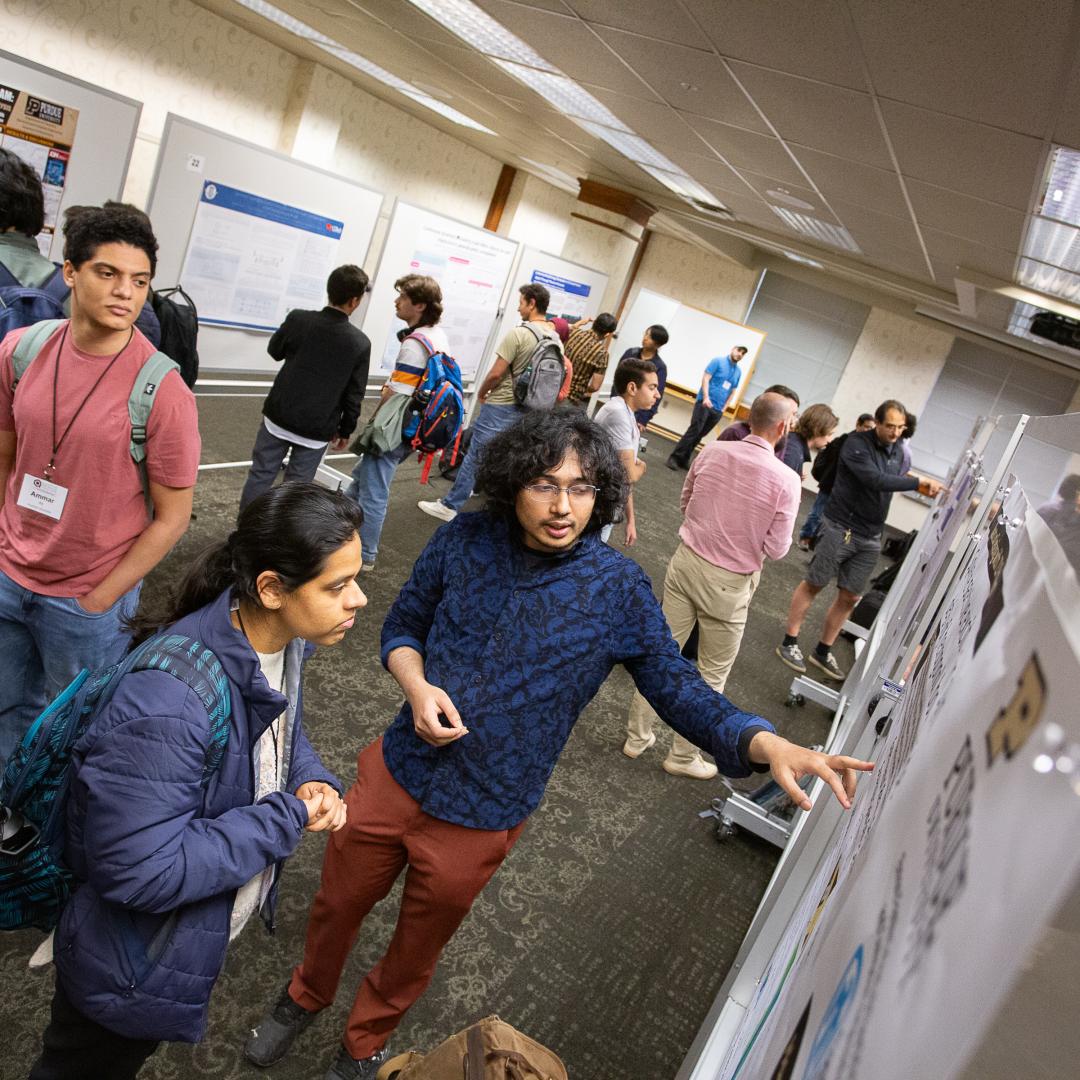Filter News
Area of Research
News Topics
- (-) Coronavirus (3)
- (-) Mercury (2)
- 3-D Printing/Advanced Manufacturing (23)
- Artificial Intelligence (2)
- Big Data (2)
- Bioenergy (11)
- Biology (16)
- Biomedical (3)
- Biotechnology (3)
- Buildings (13)
- Chemical Sciences (1)
- Clean Water (7)
- Climate Change (15)
- Composites (9)
- Computer Science (12)
- Critical Materials (4)
- Decarbonization (6)
- Energy Storage (21)
- Environment (31)
- Grid (16)
- High-Performance Computing (4)
- Hydropower (4)
- Machine Learning (3)
- Materials (13)
- Materials Science (9)
- Mathematics (1)
- Microscopy (2)
- Nanotechnology (1)
- Net Zero (1)
- Nuclear Energy (1)
- Polymers (5)
- Simulation (2)
- Space Exploration (2)
- Statistics (1)
- Sustainable Energy (35)
- Transportation (27)
Media Contacts
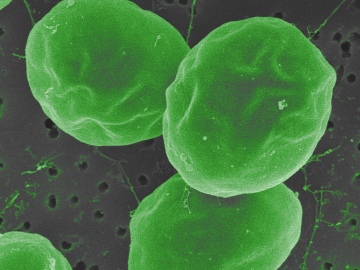
In the search for ways to fight methylmercury in global waterways, scientists at Oak Ridge National Laboratory discovered that some forms of phytoplankton are good at degrading the potent neurotoxin.
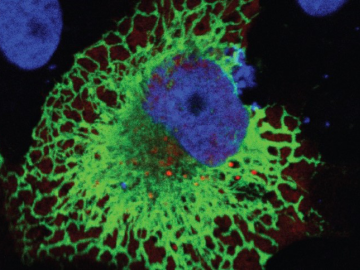
Oak Ridge National Laboratory scientists exploring bioenergy plant genetics have made a surprising discovery: a protein domain that could lead to new COVID-19 treatments.
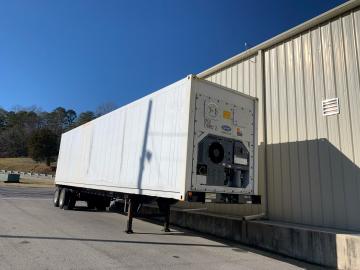
Oak Ridge National Laboratory researchers have retrofitted a commercial refrigeration container designed to ensure COVID-19 vaccines remain at ultra-low temperatures during long transport and while locally stored.

Oak Ridge National Laboratory researchers have developed a machine learning model that could help predict the impact pandemics such as COVID-19 have on fuel demand in the United States.
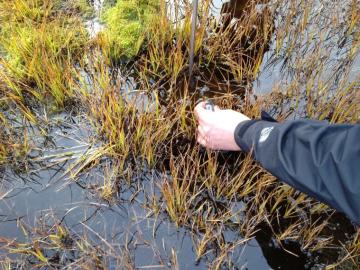
Biologists from Oak Ridge National Laboratory and the Smithsonian Environmental Research Center have confirmed that microorganisms called methanogens can transform mercury into the neurotoxin methylmercury with varying efficiency across species.



